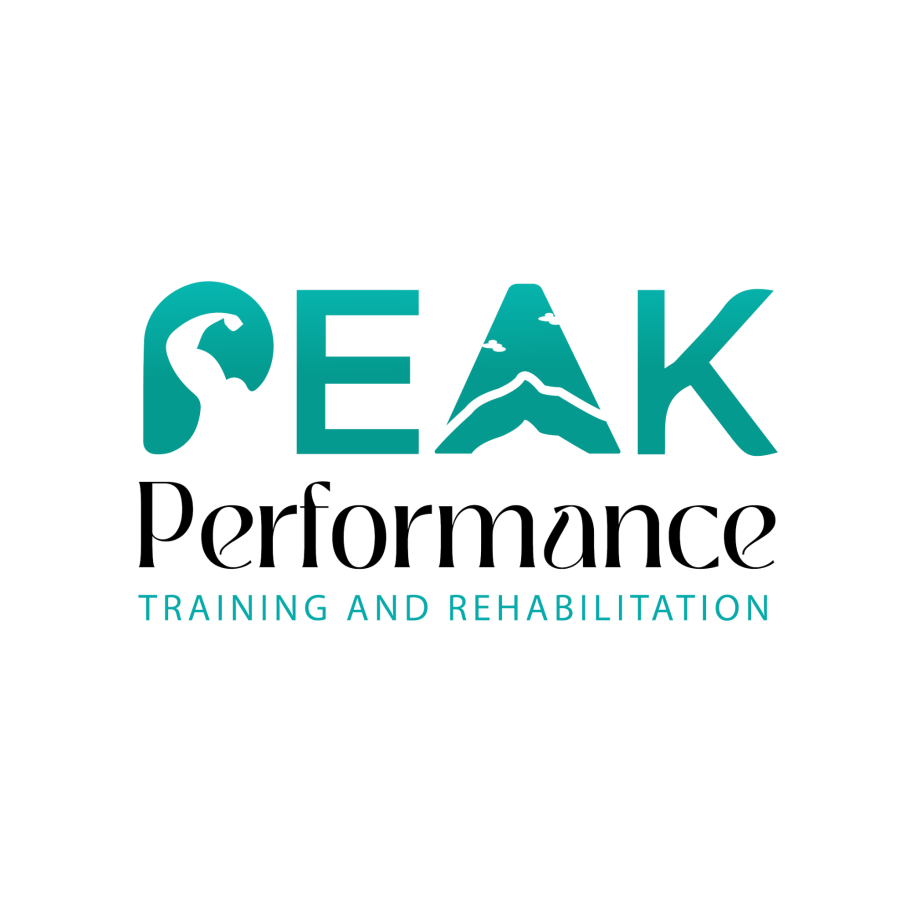Our Services at a Glance
Explore our range of specialised therapies tailored for athletes and active individuals.
Our expert treatments are designed to enhance performance and ensure a swift recovery after injuries.

Sports Massage
Sports massage is a specialised form of massage therapy aimed at enhancing athletic performance and aiding recovery from sports-related injuries. It utilises a variety of techniques tailored to meet the specific needs of athletes, focusing on areas of tension and discomfort that are common due to intense physical activity. Practitioners of sports massage in the realm of sports therapy often employ deep tissue methods, stretching, and friction techniques to improve circulation, alleviate muscle soreness, and promote flexibility. By incorporating sports massage into their training regimen, athletes can not only enhance their recovery times but also reduce the risk of injury, allowing them to maintain peak performance levels during competition.

Cupping Therapy
Functional cupping therapy represents a progressive technique within the realm of sports medicine that has garnered considerable attention among athletes aiming to optimise their performance and recovery. This modality entails the strategic placement of suction cups on designated areas of the body, facilitating enhanced blood circulation, reduction of muscle tension, and relief from pain. The vacuum effect generated by the cups serves to mobilise soft tissues, augment range of motion, and expedite the healing process. Numerous sports therapists incorporate cupping into their therapeutic regimens, recognising its efficacy in complementing conventional therapies and rehabilitation methods, thereby fostering improved athletic performance and overall health.

Injury Assessments
Injury assessments in the context of sports therapy are crucial for determining the extent of an athlete's injury and formulating an effective treatment plan. Sports therapists employ a variety of techniques, including physical examinations, range of motion tests, and strength assessments, to evaluate injuries. By thoroughly understanding the mechanics of the injury, practitioners can identify underlying issues and recommend appropriate rehabilitation exercises. Early and accurate injury assessments not only aid in the recovery process but also play a vital role in preventing future injuries, ensuring athletes can return to their sport safely and efficiently.

Rehabilitation Programs
Designing and executing rehabilitation programmes in the context of sports therapy is a crucial process that aims to facilitate the recovery of athletes from injuries while optimising their performance. A well-structured rehabilitation programme should begin with a comprehensive assessment of the athlete’s condition, taking into account the nature and extent of the injury, as well as individual factors such as age, fitness level, and specific sport demands. Following this assessment, the programme is tailored to include a series of progressive exercises that focus on restoring strength, flexibility, and functionality. Incorporating manual therapy techniques, psychological support, and proper nutrition is also essential to ensure a holistic approach to recovery. Continuous monitoring and adjustment of the programme based on the athlete's progress are vital for achieving the best outcomes, allowing for a smooth transition back to competitive sport while minimising the risk of re-injury.
